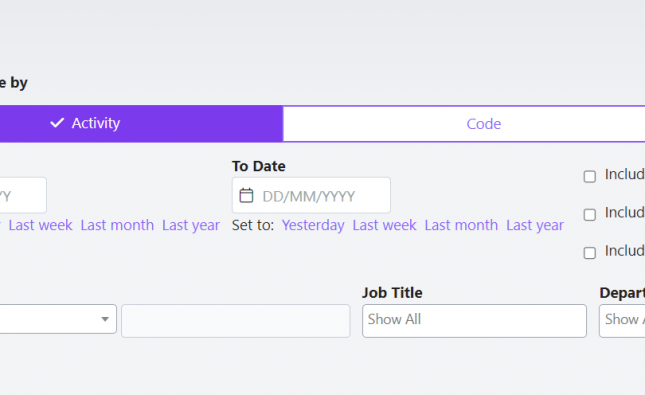In March, a huge shift took place in working practices – perhaps the most significant in living memory. Working from home full-time became the norm for millions of British workers. With little time to prepare, companies were forced to transition to a new model of working for most or all of their staff.
Since then, many business leaders have been pleased with the way productivity has stayed the same – or even increased – and with the higher happiness levels of many of their staff. In fact, many don’t seem in any rush to return to the office at all. “WFH”, as it is commonly abbreviated online, may not just be a temporary blip in response to a health crisis, but a permanent shift in the way we work.
If you and your team find yourselves working from home for the foreseeable future, saying goodbye to the long commute for good, you’ll find new ways of keeping in touch and keeping workplace friendships going. These should be treated with the importance they deserve. After all, home workers can sometimes feel more isolated than office workers, and this can have an impact on their mental health and stress levels.
Here are some of our suggestions:
Friday Happy Hour
Many people WFH prefer the lack of sudden distractions that being in an office brings. However, they may also miss out on the plus side of “distractions” – fun conversations with colleagues or trips out for lunch together.
When coronavirus restrictions are completely removed, it may be possible to recreate this somewhat with team socials. Until that day, a great way to stay in touch is through regular virtual “happy hours”!
There are so many fun ways to do this. Get everyone to bring 10 trivia questions and have a pub quiz. Log on to an online game or escape room. Choose a fancy dress theme and have a costume competition. If you’re a talented bunch, maybe have a singing or talent contest! The important thing is choosing something that everyone will feel comfortable joining in with and that can give people that community feeling they might be missing out on.
“Meet Up” with Other Teams
When WFH full-time, it can be easy to focus on your own work to the exclusion of the wider business. After all, you’re no longer overhearing business conversations from the team who sits next to you, and connections or chances to collaborate can be missed because of this.
Try to find a regularly scheduled way to virtually link up with other teams. One way would be “pairing” a different set of teams together each week and giving them an hour or so to discuss their work informally. This can give remote workers a better of idea of where their own roles fit into the business model and build work relationships across departments.
Internal Newsletters
Internal communication is important at any time but when your team is distributed far and wide, it becomes especially vital.
Monthly newsletters are a great way of keeping everyone in the loop about what each department is working on. They don’t have to be dry either – don’t be afraid to add a bit of personality! If someone in the group has got engaged or is having a baby, feel free to congratulate them here (though make sure they’re absolutely OK with having this information shared before you include it!).
Virtual Watercoolers
If you use software like Slack or Microsoft Teams, carve out a space for people to just chat now and again. A channel dedicated to briefly discussing the latest sports results, TV shows or even the weather can be a great stress-reliever for everyone involved.
To encourage engagement, why not post some word games or photo challenges and see what people come back with? There’s nothing like a work quiz game to bring out a bit of friendly competition, even if people are miles apart.
Staying connected when you’re permanently transitioning to a remote workforce, whether full-time or part-time, is not as challenging as it might first appear. It will of course feel different to the days when people were congregated in the office – but there’s no need for it to feel more difficult.
One of the lasting effects of coronavirus is that remote work will become much more normalised in many industries. Putting some thought now into how to connect teams will pay off later and create strong bonds between all employees.


